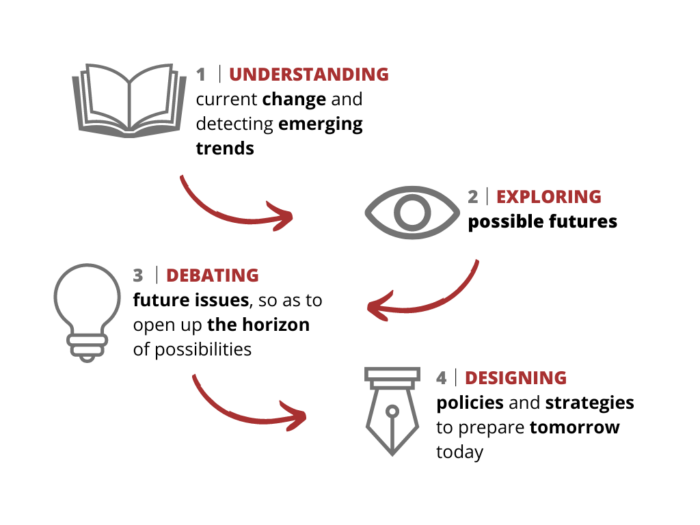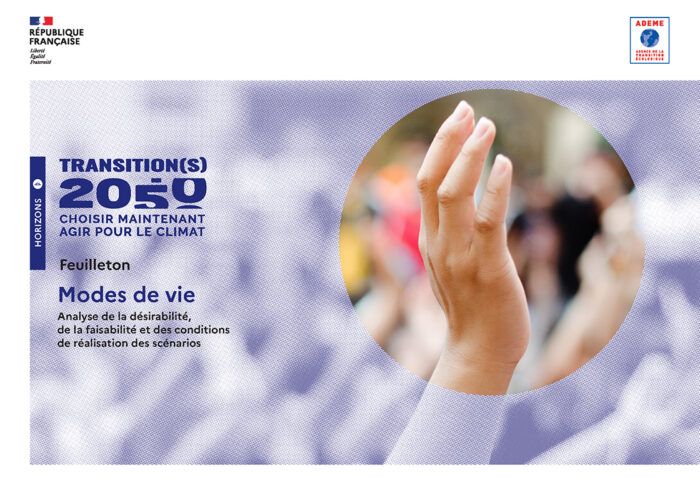Working Time and Ways of Life: Some Results of an Empirical Survey
Many authors (see in particular the article by Gilbert Cette and Alain Gubian) underline the importance of having the approval of all parties to the reduction of working time (RWT), starting of course with the wage-earners.
Using the results of a survey based on a broad sample of employees, the authors demonstrate that:
– whatever its length, the scheduling of work time exerts a structuring effect on time spent in every other social activity and on ways of life;
– only a drastic reduction of working time can induce real changes of life-styles, but the ways in which the reduction is effected are as determining as its amplitude;
– the regularity of a working schedule, its predictability, is essential to the organization of activities not related to work.
They emphasize another important factor: The RWT tends to affect the rhythm of life more than its content, which means that it may not lead to the development of new activities. Besides, they contend, wage-earners do not have a clear idea of how they would use their extra leisure time. It is an obvious factor, nonetheless, in the OEblossoming of new creativity and new kinds of sociability.
To be truthful, the impact of the RWT on ways of life, aside from a sense of increased well-being, has relatively little impact on activities not related to work. It is nevertheless used in very different and contrasted ways by those who benefit from it, depending on characteristics such as sex, family situation, age and socio-professional class.
Temps de travail et modes de vie. Quelques résultats d'une enquête empirique
Cet article fait partie de la revue Futuribles n° 237, déc. 1998


